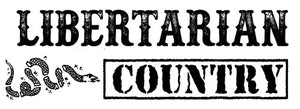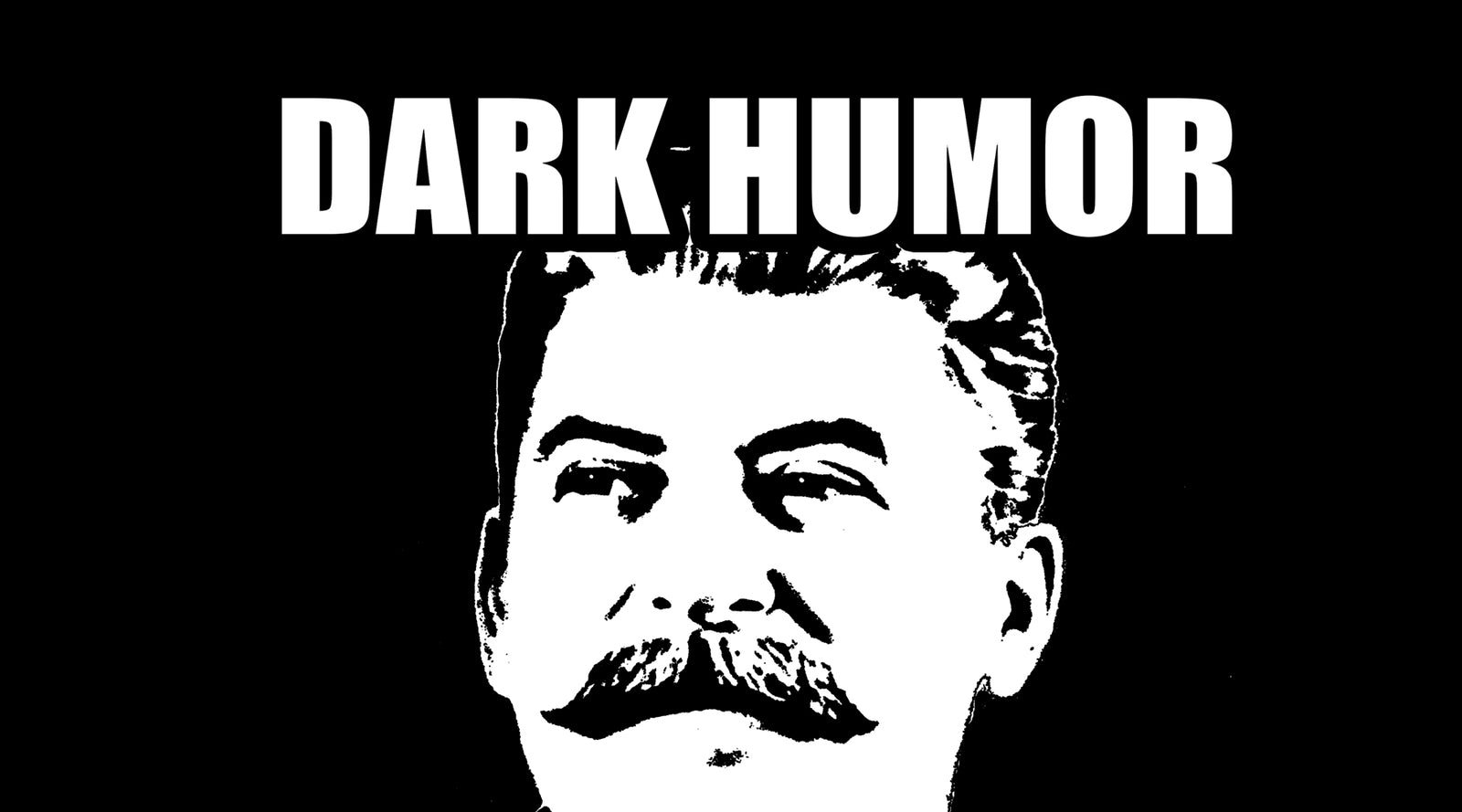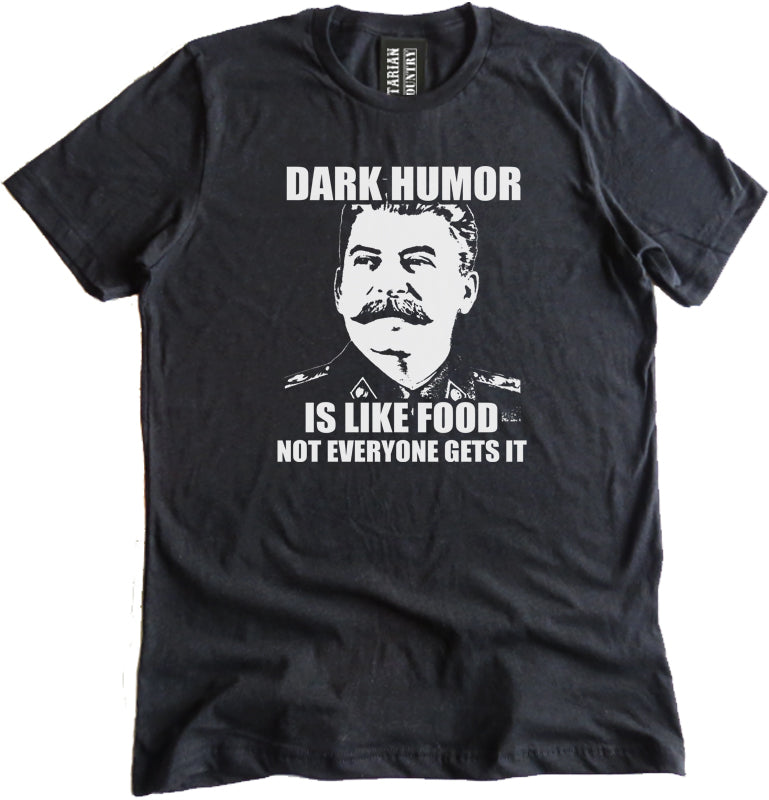Some think libertarians are perpetually serious, astute intellectuals who have no sense of humor whatsoever. All they care about is politics.
Before you believe that libertarians are humorless sticks in the mud, remember that they nominated Gary Johnson to run for president with the LP in 2016. That was hilarious.
The truth is many libertarians have a great sense of humor. Many prefer satirical, witty, dark and intellectual comedy.
The writers at Libertarian Country (myself included) often publish comical, satirical and humorous blogs. We've published funny articles like 6 Libertarian New Year's Resolutions, 7 Signs You Might be Dating a Libertarian, 21 Things You Should Never Say to a Cop, and How To Tell Your Parents You're a Libertarian.
We love humor.
My favorite comedians were George Carlin, Bill Hicks, Lenny Bruce, and Doug Stanhope. Indeed, these comedians were vulgar and offensive to many--but they were also brilliant. Like Richard Pryor (another one of the greats) said, "what I'm saying might be profane, but it's also profound."
South Park and Family Guy are great shows, but I also appreciate the subtle comedy of Futurama and The Simpsons. Futurama was my all-time favorite cartoon--if you've never watched it, you must!
Libertarians resonate with witty, Voltairean humor as well as observational, political and profane comedy. But libertarians also like dark humor, which is often mistaken for, but different from, ribaldry or "blue comedy" (comedy that is indecent, sexual, perverse, lewd etc.)
What is Dark Humor?
Dark humor is a genre of comedy that trivializes taboos for shock value, to provoke thought, or as a form of deviant art. Dark humor features subject matter that is typically considered too severe or painful to joke about, such as rape, death, poverty, starvation, torture, discrimination, racism, sexism, forced labor, suicide, war, crime etc.
Many people dislike, discourage, protest, or demand the censorship of dark comedy because they believe it perpetuates negative stereotypes and can harm marginalized groups.
Opponents of dark humor often accuse those who consume or propagate dark comedy content of being racists, sexists, homophobes, perverts, deranged, mentally ill or disturbed.
However, an Austrian study published in the journal Cognitive Processing says otherwise. Those who prefer dark comedy are often more intelligent, socially inclusive and less aggressive than the average person.
According to the research, "humor processing is a complex information-processing task that is dependent on cognitive and emotional aspects which presumably influence frame-shifting and conceptual blending, mental operations that underlie humor processing."
In other words, people who like dark humor aren't laughing because they agree with violence, crime and discrimination. It's funny because it's taboo. In fact, many people who like dark humor vocally object to aggression, crime, murder, racism, sexism etc.
Libertarians oppose unprovoked violence and believe that all people have inalienable human rights. They abhor things like property crime, theft, violence, racism, homophobia, sexism etc.
But why do they laugh at jokes that seem to trivialize these subjects?
Intelligent people have the mental capacity to decipher humor from reality. We can appreciate absurd things for their absurdity, something great philosophers like Albert Camus espoused.
A wildly offensive joke that makes light of a serious situation is taboo, which makes it funny. Because most people are repulsed by it, shock value is created. If everyone were okay with it, it wouldn't be as amusing.
Some have said, "you're not supposed to joke about those sorts of things," and people generally accept that rule. There's a line in the sand. When a comedian crosses that line, libertarians can appreciate their bravery, defiance and commitment to free speech. The rebellion of dark humor lends to the art's levity. As George Carlin said, "it is the duty of the comedian to establish a line, then deliberately cross it."
One of my favorite publications that frequently featured dark comedy was National Lampoon. In 1969, Doug Kenney, Henry Beard and Robert Hoffman at Harvard University founded the humor magazine.
My favorite National Lampoon cover was the January 1973 "death" issue, featuring the dog Cheeseface with a gun pointed at him. The bottom caption reads, "if you don't buy this magazine, we'll kill this dog." Many people were outraged by the cover, but I and many others found it hilarious. (P.S. they never shot the dog, thanks to so many people buying the issue.)

The intellectual punk humor of National Lampoon is a prime example of dark comedy. They took taboos and sensitive issues and made a comedy empire out of it.
The writers of National Lampoon were intellectuals and, regardless of their politics, highlighted the importance of free expression and libertarian thought. In 1973, joining their staff was late Cato fellow P.J. O'Rourke, a well-known libertarian political satirist
National Lampoon magazine was a triumph of free speech until pressure from religious and social groups caused many advertisers to withdraw, forcing the publication to sell to J2 Communications in 1990 and publishing its last issue in 1998.
The spirit of National Lampoon magazine will live on through the intellectuals and libertarians who appreciate its form of satirical, profane, lewd, offensive, thought-provoking and dark brand of comedy.
The reason libertarians like dark humor is that it is art, and they are smart enough to process the mood mentally and emotionally without being outraged.
Dark humor isn't for everyone, and we understand that. It's like they say: dark humor is like food, not everyone gets it.
If you enjoyed this, you may also like 'Why Do Fact Checkers Not Understand Satire?'



